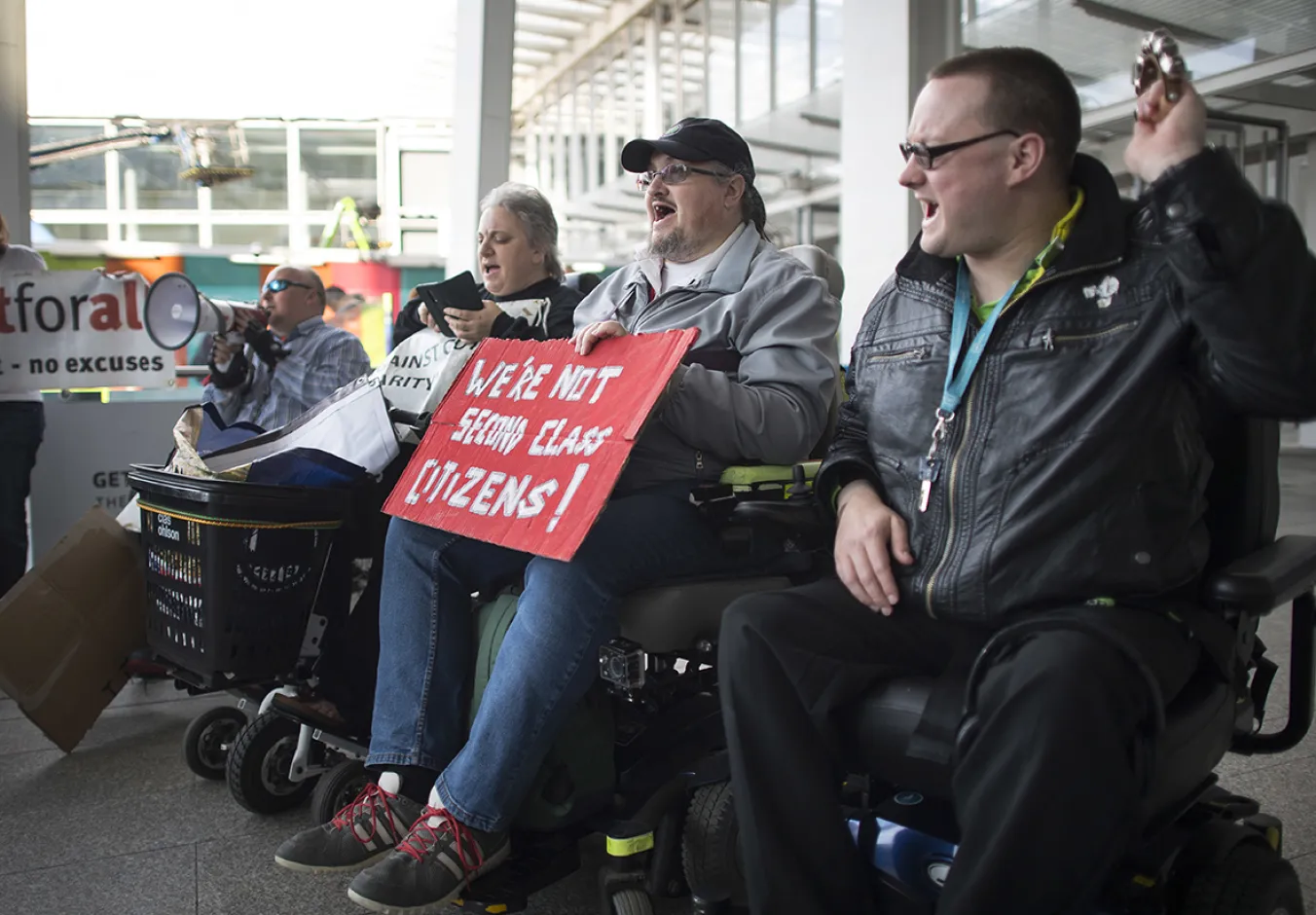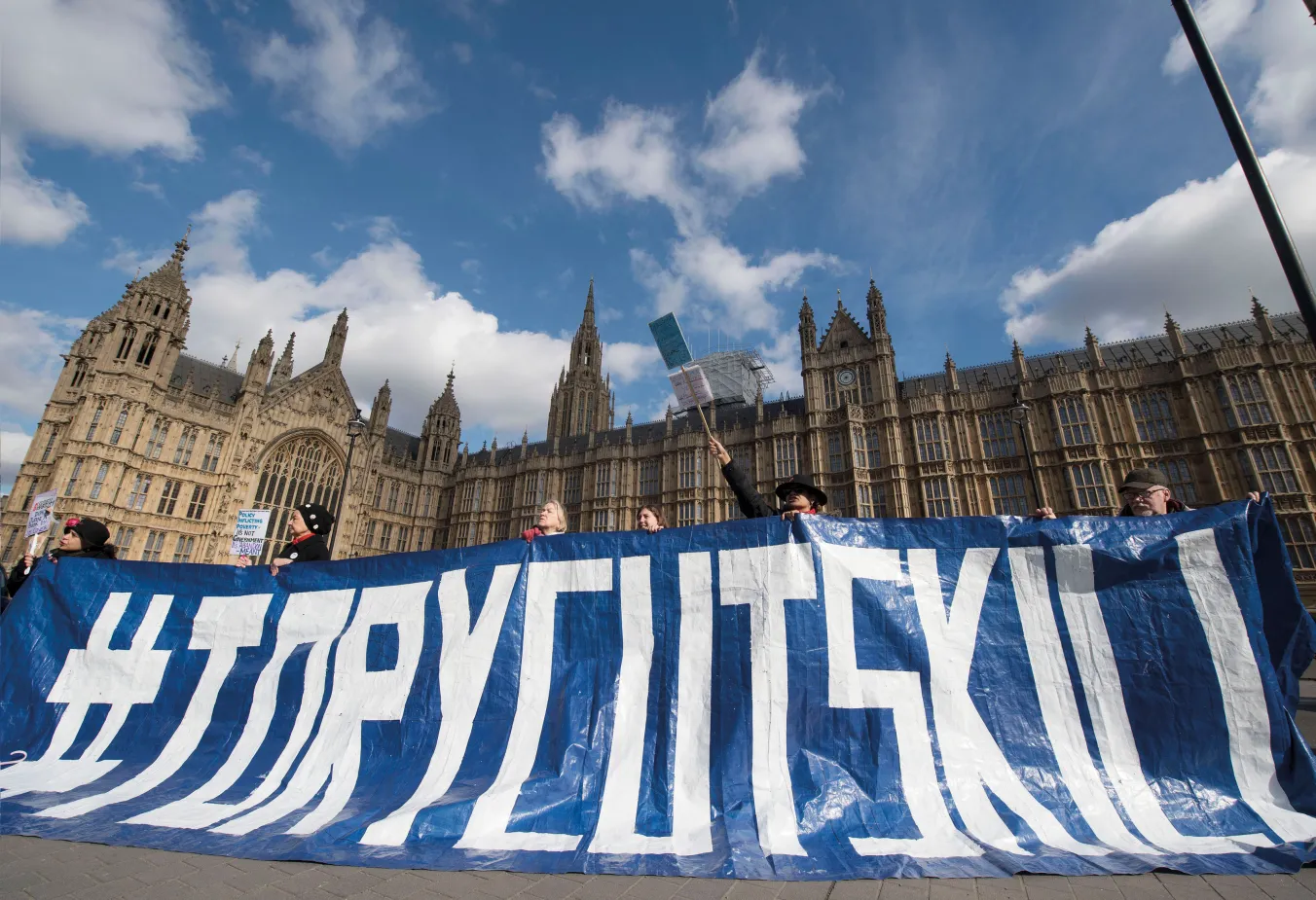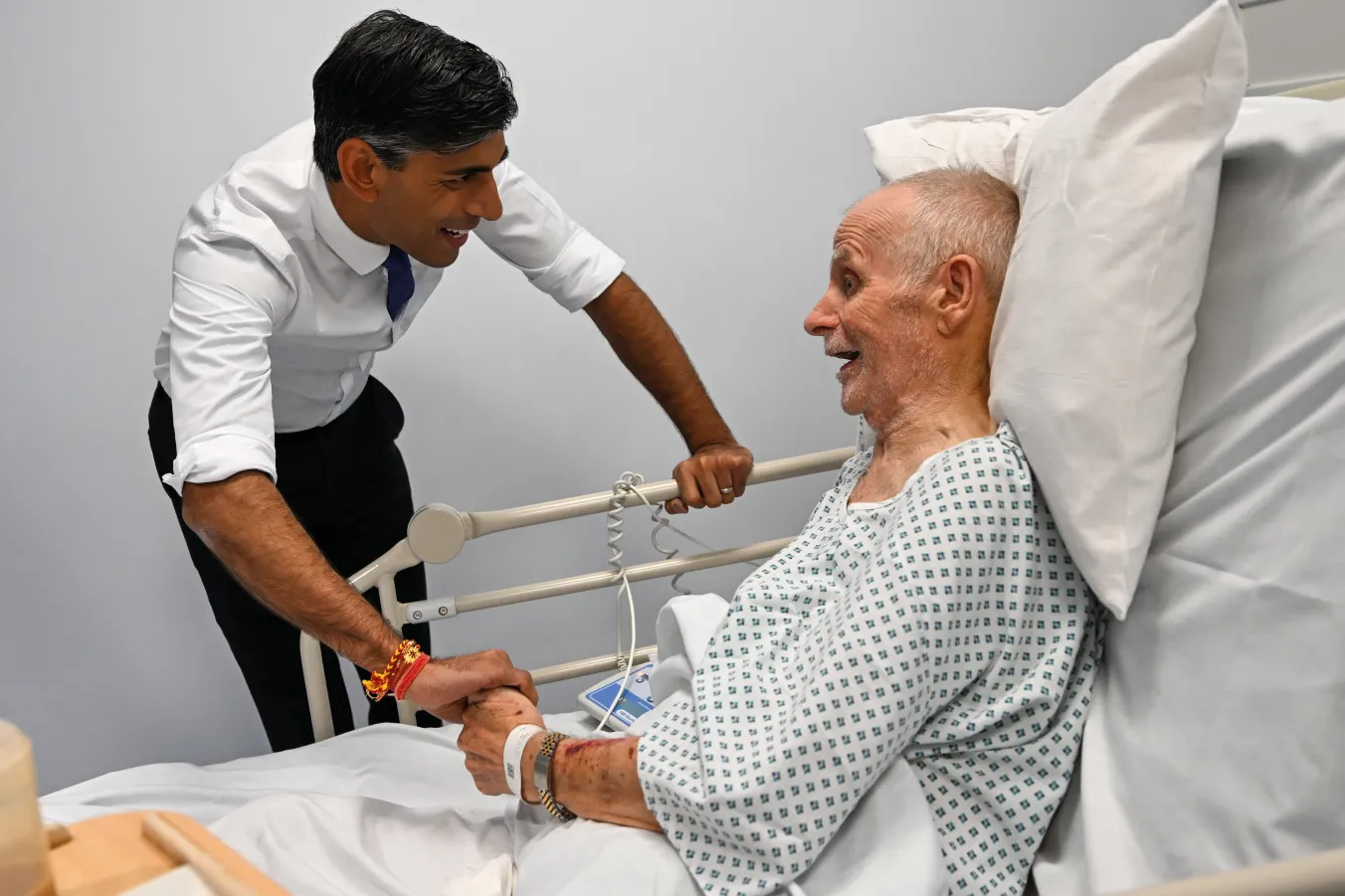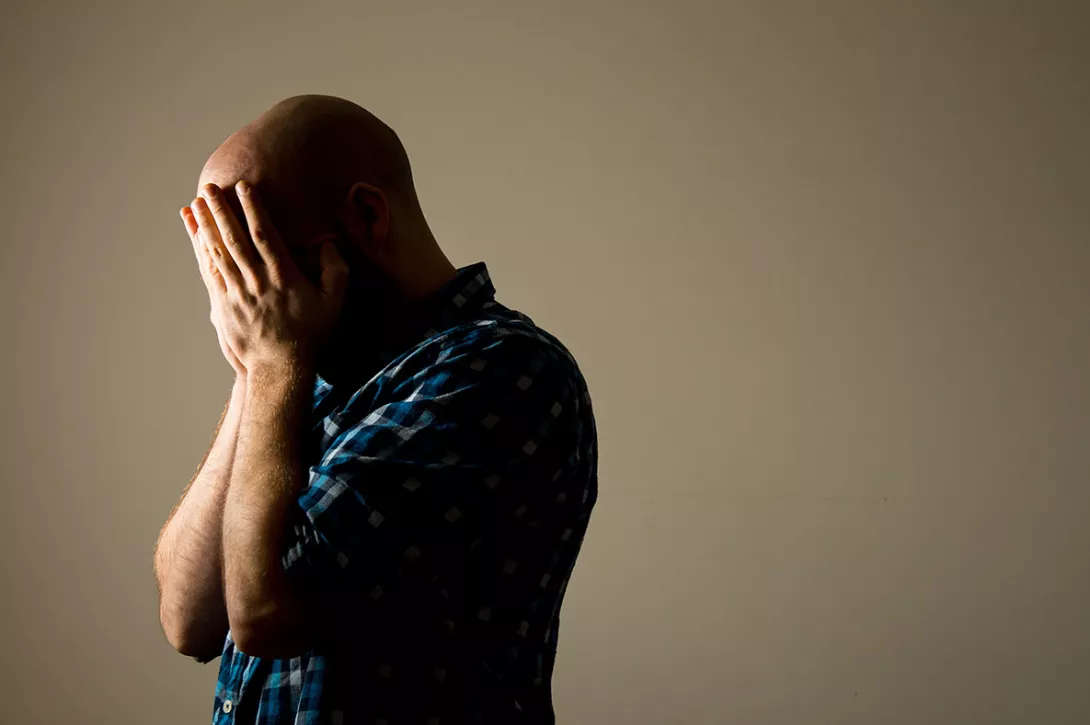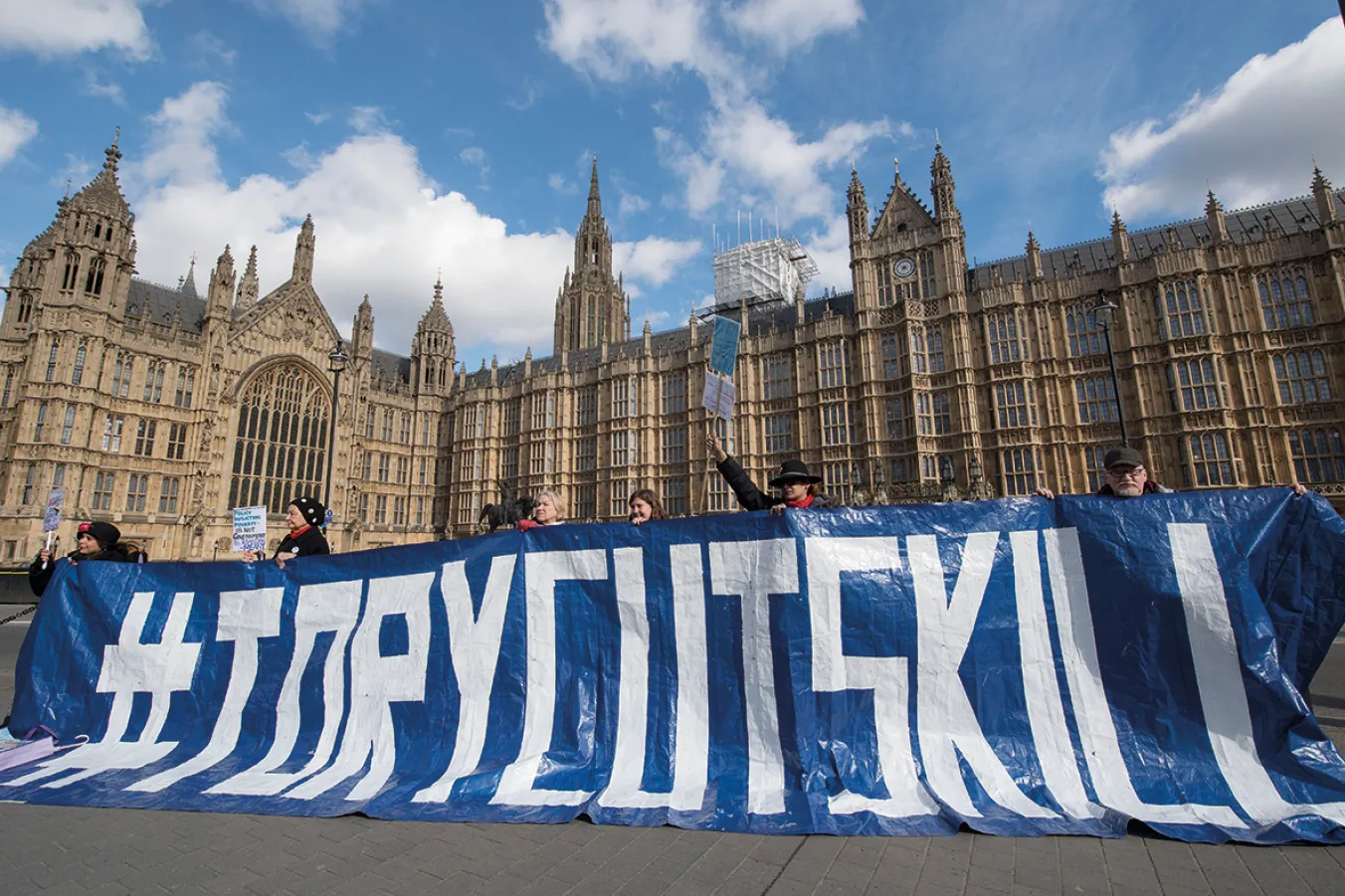
ONCE again, Britain has abandoned its disabled citizens. In a recent press conference, Rishi Sunak began his bid for the election with a speech on “sicknote culture,” where he blamed the country’s problems on the disabled.
This came just a few weeks after a report from the UN that detailed the dire state of disability rights in Britain. To top it off, as with every other minority group that needs his support, Keir Starmer has joined the Conservative pile-on. Having lost the left and the right, the need for a disabled revolution has never been clearer.
Sunak’s plans to “reform,” or perhaps more accurately, decimate, disability welfare are based on the principle of reducing the income of disabled people, a group more likely than average to live in poverty.
It’s a shameless appeal to the Tory voter who believes too many disabled people are living a life of luxury on other workers’ hard-earned taxes. If only it were true. In fact, the UN Committee on the Rights of Persons with Disabilities’ latest report has accused Britain of failing its disabled citizens.
